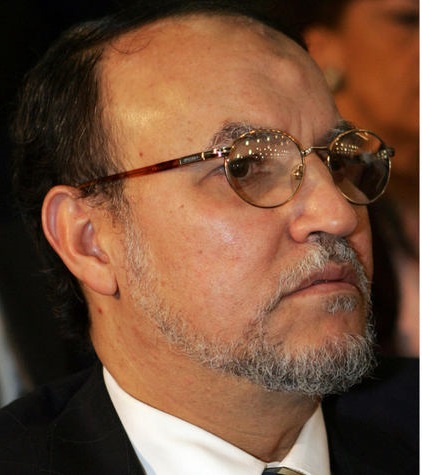KHARTOUM: Three journalists working for the opposition Rai Al-Shaab newspaper were on Thursday handed jail terms ranging from two to five years for publishing "false reports," their lawyer said.
A fourth journalist was acquitted, according to their lawyer, Abdelmoneim Osman Idriss.
The four were accused of having published "false" reports on Egyptian-Sudanese relations and a factory in Sudan that allegedly makes weapons for Iran and the Palestinian Hamas movement.
They also wrote articles suggesting that President Omar Al-Bashir, who was re-elected in April polls, did not enjoy widespread support in Sudan.
The four had been on trial at the North Khartoum criminal court since June 9 on charges of spying and terrorism.
Lawyer Idriss said that Abu Zar Ali Al-Amin, the paper’s deputy editor-in-chief, was sentenced to five years in prison while two other journalists, Ashraf Abdelaziz and Tahir Abu Jawhara, each received two-year terms and Ramadan Mahjub was acquitted.
The three were convicted under articles 50 and 66. The first deals with attacks against the state in order to undermine the constitutional system, and the second with publication of erroneous information.
Article 50 of the penal code provides for a life sentence, but the lawyers had asked for leniency, said Idriss, who added the sentences would be appealed.
In mid-May authorities shut down Rai Al-Shaab (The Opinion of the People), the newspaper of Islamist opposition leader Hassan Al-Turabi — once Bashir’s mentor but now one of his fiercest critics — who was also arrested and jailed.
The information ministry issued a statement at the time saying that the action came after the paper published "erroneous" material.
"It published on its front page information claiming a serious conflict existed between Egypt and Sudan," and that engineers from Iran’s Revolutionary Guards were in the country for a joint project.
Turabi denounced the April elections — during which Bashir was declared winner with 68 percent of the vote — as fraudulent.
Parliament passed a law last October allowing greater press freedom, saying newspapers were free to write articles that did not breach national security issues or the norms of public morality.
But since mid-May, following the elections, authorities have tightened media control. Sudanese intelligence services re-imposed press censorship early this month.
